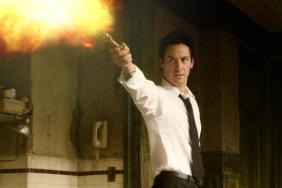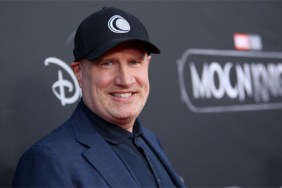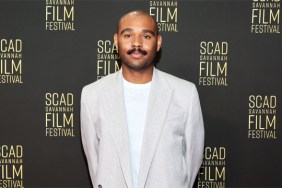
(Author’s note: Spencer’s Soapbox is a weekly column here on SHH where yours truly tries to spur a conversation on specific topics. Dive in to the latest installment below and check out the previous ones by clicking here.)
What a week for gigantic franchise potential. Valiant Entertainment announced that the world of their comics will be…






